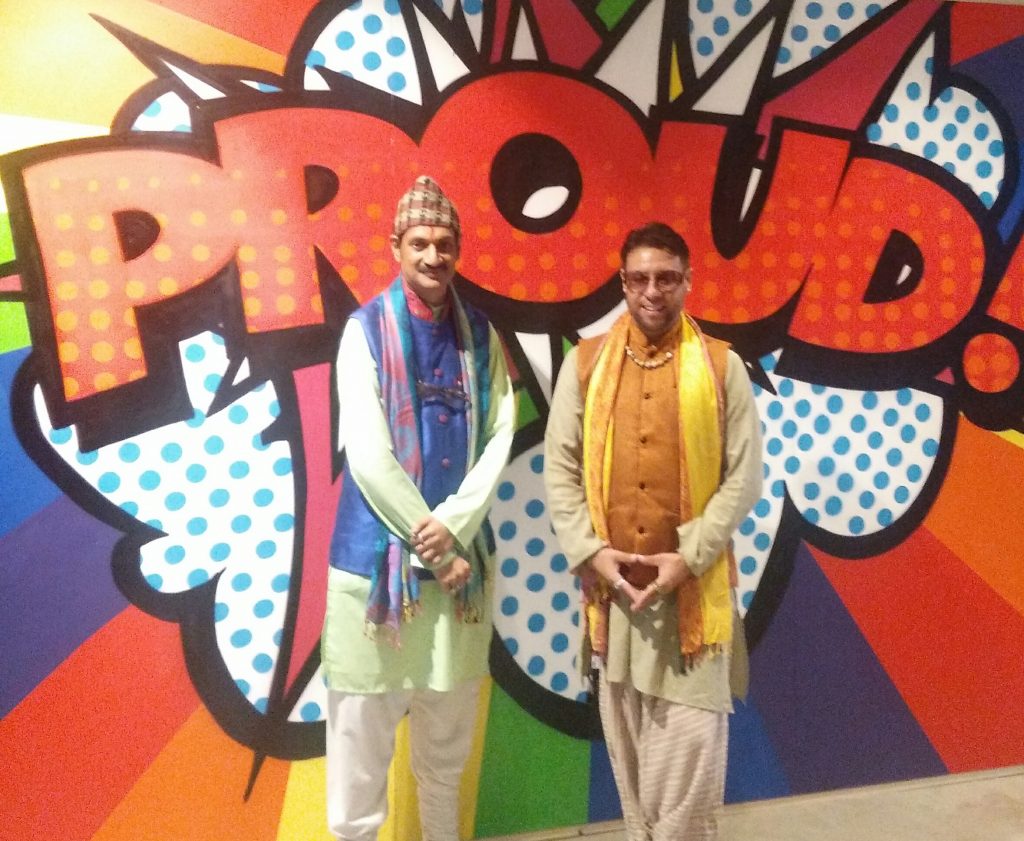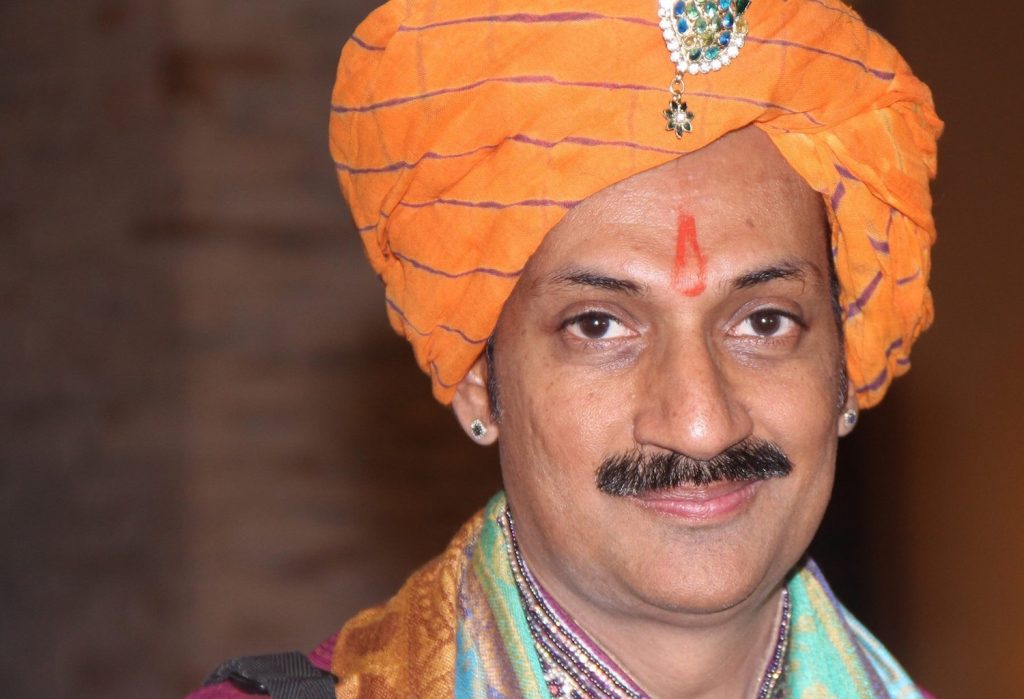A conversation with India’s first gay prince HRH Manvendra Singh Gohil
His Royal Highness Manvendra Singh Gohil of India is famous for being the only out Prince in the world. Last week he revealed that his parents were so horrified by his homosexuality that they were trying to force conversion therapy and even brain surgery on him.
After he came out as gay, he experienced humiliation while his parents sought medical intervention to “convert him,” Gohli told Sky News.
In conversation with Sky News, the Indian prince revealed how his parents were desperate in finding ways to “perform surgery” on his brain and even took him to electroshock therapy. However, after the doctors in the U.S. refused to perform such medical procedures on him, stating that homosexuality is not a mental disorder.
“It was an absolute case of discrimination and violation of human rights. Whether I’m a prince or not a prince, parents have no right to put their children through [this] kind of torture,” he said.
The prince added that his parents’ lack of education caused them to be homophobic and bigoted, and this is a widespread problem in India.
“It’s our duty to educate them and to make them aware about the facts,” said the prince, who is one of the country’s foremost activists.
When HRH was in New York attending the Proud Experiences travel conference as their guest of honor and I had the pleasure of meeting him.
After the conference, we talked more about his charity and was able to sit down with him for an interview about his life and work.

Richard: Sir, thank you for taking the time to speak with us, we are thrilled you are in New York during Pride on the 50th anniversary of Stonewall. What are your feelings around the importance of Pride, and how does Stonewall resonate for you personally and the wider Indian LGBTQ+ community?
HRH: The Stonewall is a monument for me symbolic of the struggle of the LGBT community in USA which led to their freedom. Though in India we haven’t reached the Stonewall era as yet but still our movement is based on getting the fundamental rights guaranteed by the Indian Constitution. In India we don’t have pride in the same manner as USA. It’s more of a March and Mumbai Pride is the biggest comprising of almost 10,000 persons but the good thing is that police are cooperative and we haven’t faced any protests as yet from the general public.

RJ:There has been a lot of news around the decriminalization of homosexuality in India through the repeal of Section 377 of the Penal Code. What kind of change will we now see in India? What will happen quickly and what do you think will be slow?
HRH: In India, it is said that we are good planners but bad implementers. Most Indians are unaware of the law of the land. Most laws are made to be broken. Under these given circumstances, it will definitely take time for Indians to come to terms with the reality of decriminalization of homosexuality. It was easier to change the law which was decided by a bench of 5 judges than to change the mindset of the homophobic and bigoted society. However, the good news is that a lot of educational institutions are taking interest to get the students educated on the law and I am taking this opportunity to help change the mindset of the students which is the future of any country or culture.
RJ:Tell me more about your own charity the Lakshya Trust?
HRH: Lakshya was established by me in the year 2000 as the first community based organisation in the western State of Gujarat to work for the empowerment of LGBT community. We initially started working with the support and grant of Government for HIV prevention and awareness amongst the MSM (Men having sex with Men) and Transgender community and later on shifted towards other issues like, mental health, wives of gay men, HIV testing and treatment, senior members of the community.
Currently we are developing a Community campus for the LGBTQA in the royal establishment of Hanumanteshwar to give social and economical empowerment. We also have a private label called Hanumanteshwar 1927 which is fashion for a cause and 100% of all proceeds go towards the Trust. For more details visit our website www.lakshyatrust.com

RJ: What support can those outside India offer to the Trust?
HRH: We can accept support in the form of online donations by visiting our site Lakshyatrust.ketto.org or one can give in kind or in form of services as volunteers .
RJ: Will you be advocating for marriage equality in India?
HRH: We are not advocating for marriage rights as of now. Right now the focus is to expect support and acceptance from society so that we can mainstream our issues.
RJ: As an older gay man, what advice would you give to those LGBTQ+ people leaving their 30’s and coming into their 40’s and beyond?
HRH: As an older man, I would like to advice younger men is to accept their sexual identity which will make things easier for them. Secondly, they should first be financially independent before coming out as gay.







